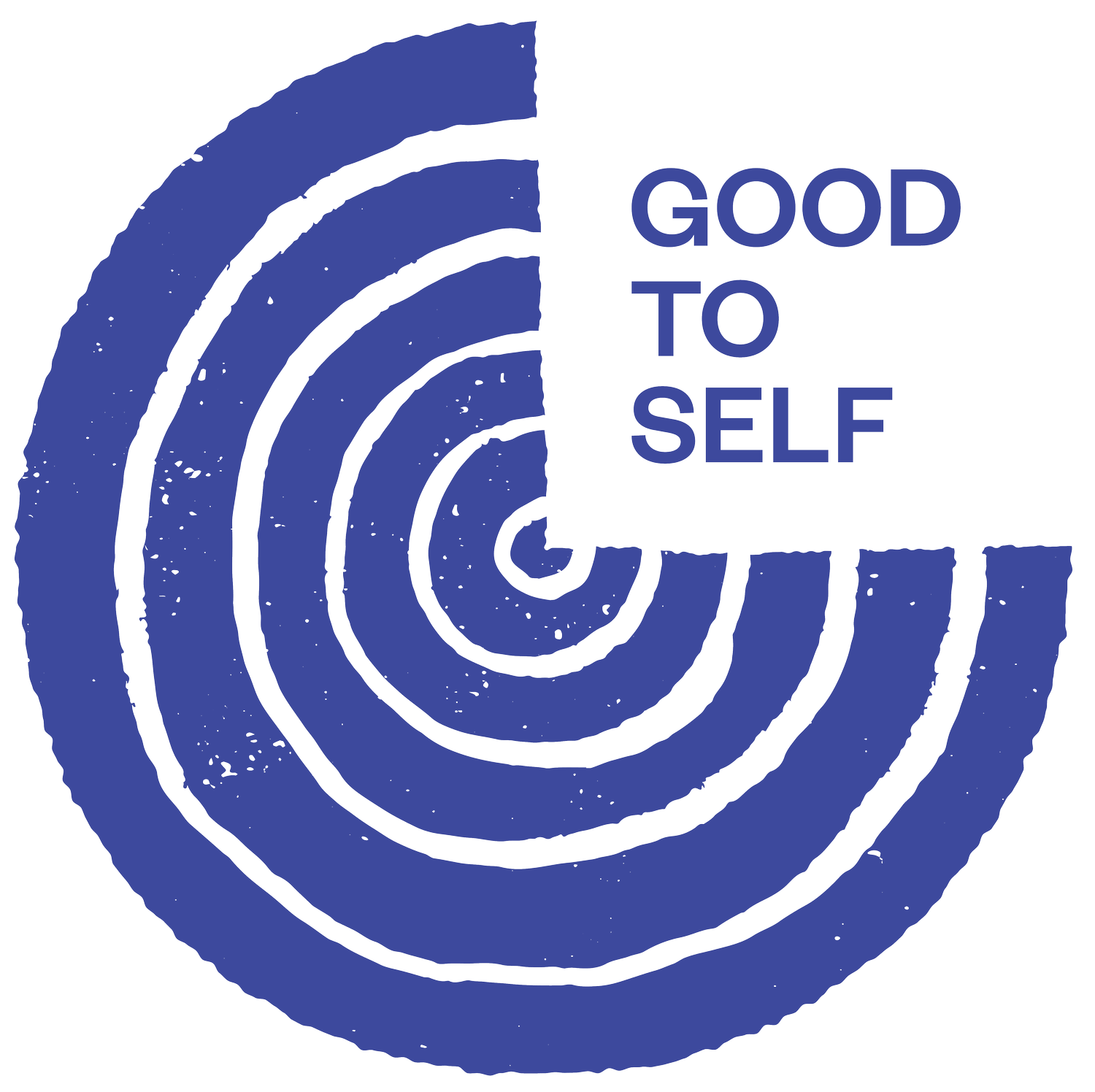
Understanding who we are and how we interpret our past begins long before we can put words to experience. From our first breath, we begin forming a quiet framework for how the world works. How safe it feels. How loved we are. Whether our needs will be met. The earliest relationships in our lives, especially those with caregivers, become the blueprint.
Between birth and age two, our brains are still developing the ability to form conscious memories. But even in this early window, we absorb the emotional atmosphere around us. We store what we feel, what we sense, and what we intuit. This is called implicit memory. And in these earliest stages, we start to answer the fundamental question: Am I safe in the world?
When caregivers are responsive, attuned, and emotionally available, we internalize the belief that we are cherished and that our needs matter. This early sense of security becomes a foundation for trust, resilience, and connection. But when care is inconsistent or absent, a different message takes root. We may begin to believe that we are on our own. That our needs are too much. That love is conditional, unpredictable, or out of reach.
By age two, memory becomes more explicit. Language emerges. We begin to recall specific events. And with each repeated experience, whether affirming or painful, our minds form beliefs. Beliefs about ourselves. About others. About what is possible in the world. These become our earliest convictions and often the quiet drivers of our future relationships, decisions, and self-worth.
The bonds we form in those early years do not just shape how we connect with caregivers. They influence how we relate to everyone. A child who feels consistently seen and supported tends to grow into someone who trusts their worth, takes healthy risks, and believes in their ability to navigate life’s challenges. But a child who learns that connection is unreliable or unsafe may grow wary of intimacy, misread social cues, or carry an invisible burden of self-doubt.
There comes a point in all our lives when we are invited to revisit this foundation. To ask, Where did these beliefs begin? Are they still serving me? Who do I want to become from here?
This is the work of growing self. Not to blame or dwell, but to understand, and then to choose. When we bring curiosity to our earliest attachments, we reclaim the agency to reshape our story. We begin to see that we are not limited by what we learned. We are empowered by what we now know.
This journey is not always easy. But it is essential. Because in doing this work, we do not just understand our past. We begin to design our future with clarity, compassion, and intention. And in that, we begin to live from a deeper truth. One that affirms our worth, redefines our identity, and expands our capacity to love and be loved.


